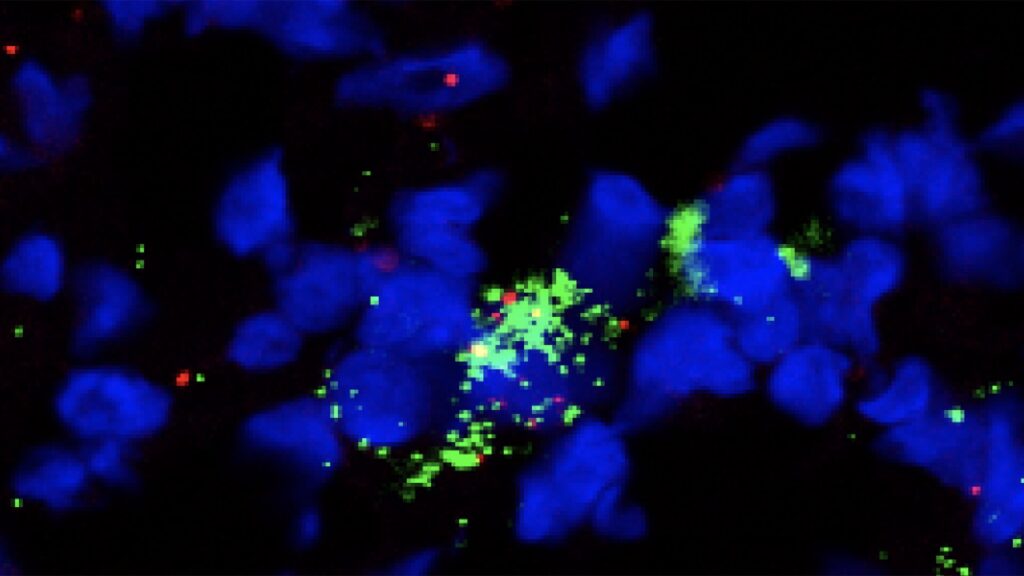A team of researchers from various institutes has reported on a clinical trial of a drug which induces an integrated immune response in the tumours of patients with cancers that do not usually respond to immunotherapy. Researchers are hopeful that these drugs can make such tumours more responsive.
A paper outlining the research appeared recently in PNAS journal. The research team was led by Cold Spring Harbor Laboratory scientists Tobias Janowitz and Douglas Fearon with Duncan Jodrell from the University of Cambridge.
The current research deals with a class of drugs known as immune checkpoint inhibitors.
Immune Checkpoint Inhibitors
Immune checkpoints are a part of the immune system. Their role is to prevent an immune response from being so strong that it kills healthy cells in the body.
Immune checkpoints engage when proteins on the surface of immune cells called T cells recognize and bind to partner proteins on other cells, such as some tumour cells. These proteins are called immune checkpoint proteins. When the checkpoint and partner proteins bind together, they send an “off” signal to the T cells. This can prevent the immune system from destroying cancer.
A special class of drugs called immune checkpoint inhibitors work by blocking checkpoint proteins from binding with their partner proteins. This prevents the “off” signal from being sent and allows the T cells to kill cancer cells.
The Problem
The problem with this class of drugs is that they are not effective against cancers with low levels of genetic mutation. It is because these cancer cells can engage in an immune suppressive pathway that keeps most of the immune cells away from the cancer cell.
In the clinical trial, researchers interrupted the immunosuppressive pathway with a drug called plerixafor. The drug was administered continuously by I.V. for one week to 24 patients.
After analyzing the patient samples, the team found that critical immune cells had infiltrated the tumours during the time patients received plerixafor, including a cell known to play key role in the anti-cancer response. It was encouraging as the cancer cells have responded similarly to the cancers which respond well to Immune Checkpoint Inhibitors.
Journal Reference:
Daniele Biasci, Martin Smoragiewicz, Claire M. Connell, Zhikai Wang, Ya Gao, James E. D. Thaventhiran, Bristi Basu, Lukasz Magiera, T. Isaac Johnson, Lisa Bax, Aarthi Gopinathan, Christopher Isherwood, Ferdia A. Gallagher, Maria Pawula, Irena Hudecova, Davina Gale, Nitzan Rosenfeld, Petros Barmpounakis, Elizabeta Cristina Popa, Rebecca Brais, Edmund Godfrey, Fraz Mir, Frances M. Richards, Douglas T. Fearon, Tobias Janowitz, and Duncan I. Jodrell CXCR4 inhibition in human pancreatic and colorectal cancers induces an integrated immune response PNAS, October 30, 2020. DOI: 10.1073/pnas.2013644117

